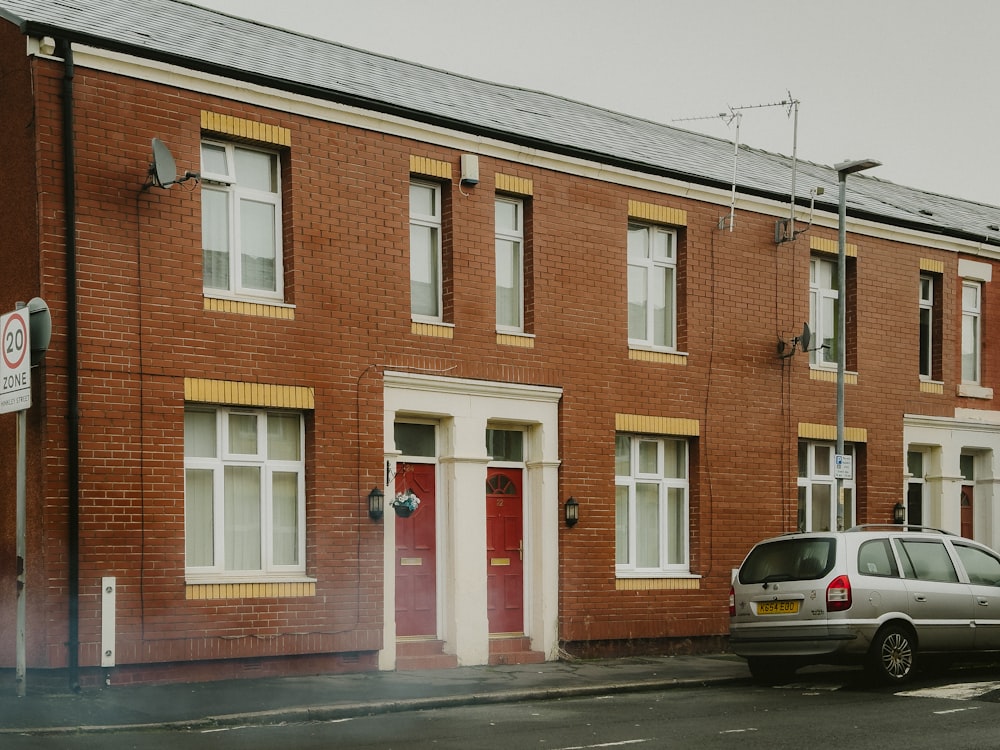framing inspection
Framing Inspection Ensuring Structural Integrity
Ensuring Structural Integrity: The Importance of Framing Inspection
Framing inspection plays a crucial role in the construction process, ensuring that the structural framework of a building is sound and meets building code requirements. Let’s delve into the significance of framing inspection and why it’s essential for every construction project.
Understanding Framing Inspection
Framing inspection involves a thorough assessment of the structural components of a building’s frame, including walls, floors, ceilings, and roof trusses. Inspectors check for proper spacing of studs, adequate bracing, correct installation of beams and joists, and compliance with building codes and regulations. This inspection is typically conducted before walls are enclosed and serves as a critical quality control measure to identify any deficiencies or potential issues early in the construction process.
Ensuring Structural Stability
The primary purpose of framing inspection is to ensure the structural stability and safety of a building. By verifying that the frame is constructed according to approved plans and industry standards, inspectors help prevent structural failures, such as collapses or instability, which can pose significant safety risks to occupants and workers. Framing inspection also helps identify any design or construction errors that could compromise the integrity of the structure, allowing corrections to be made before further construction proceeds.
Compliance with Building Codes
Building codes are a set of regulations that govern the design, construction, and occupancy of buildings to protect public health, safety, and welfare. Framing inspection is conducted to verify compliance with these codes, which establish minimum standards for structural integrity, fire resistance, and energy efficiency. By ensuring that framing components meet code requirements, inspectors help safeguard the structural integrity of buildings and mitigate potential hazards.
Detecting Deficiencies and Errors
Framing inspection serves as a critical quality assurance measure to detect deficiencies and errors in the construction process. Inspectors carefully examine framing components for signs of damage, improper installation, or deviations from approved plans. Common issues identified during framing inspection include inadequate bracing, insufficient bearing support, improper fastening, and non-compliance with structural specifications. By identifying these issues early, inspectors help prevent costly rework and ensure that the final structure meets safety and performance standards.
Preventing Future Problems
Addressing deficiencies identified during framing inspection is essential for preventing future problems and ensuring the long-term durability of a building. By correcting construction errors and reinforcing structural components as needed, builders can mitigate the risk of structural failures, moisture intrusion, and other issues that can compromise the integrity of the building over time. Framing inspection provides an opportunity to address these issues proactively, saving time and money in the long run.
Enhancing Construction Quality
Framing inspection contributes to the overall quality of construction by promoting adherence to best practices and industry standards. By verifying that framing components are installed correctly and in accordance with approved plans, inspectors help ensure that buildings are built to last and perform as intended. This commitment to quality construction helps protect the investment of property owners and enhances the reputation of builders and contractors.
Facilitating Project Progress
In addition to

